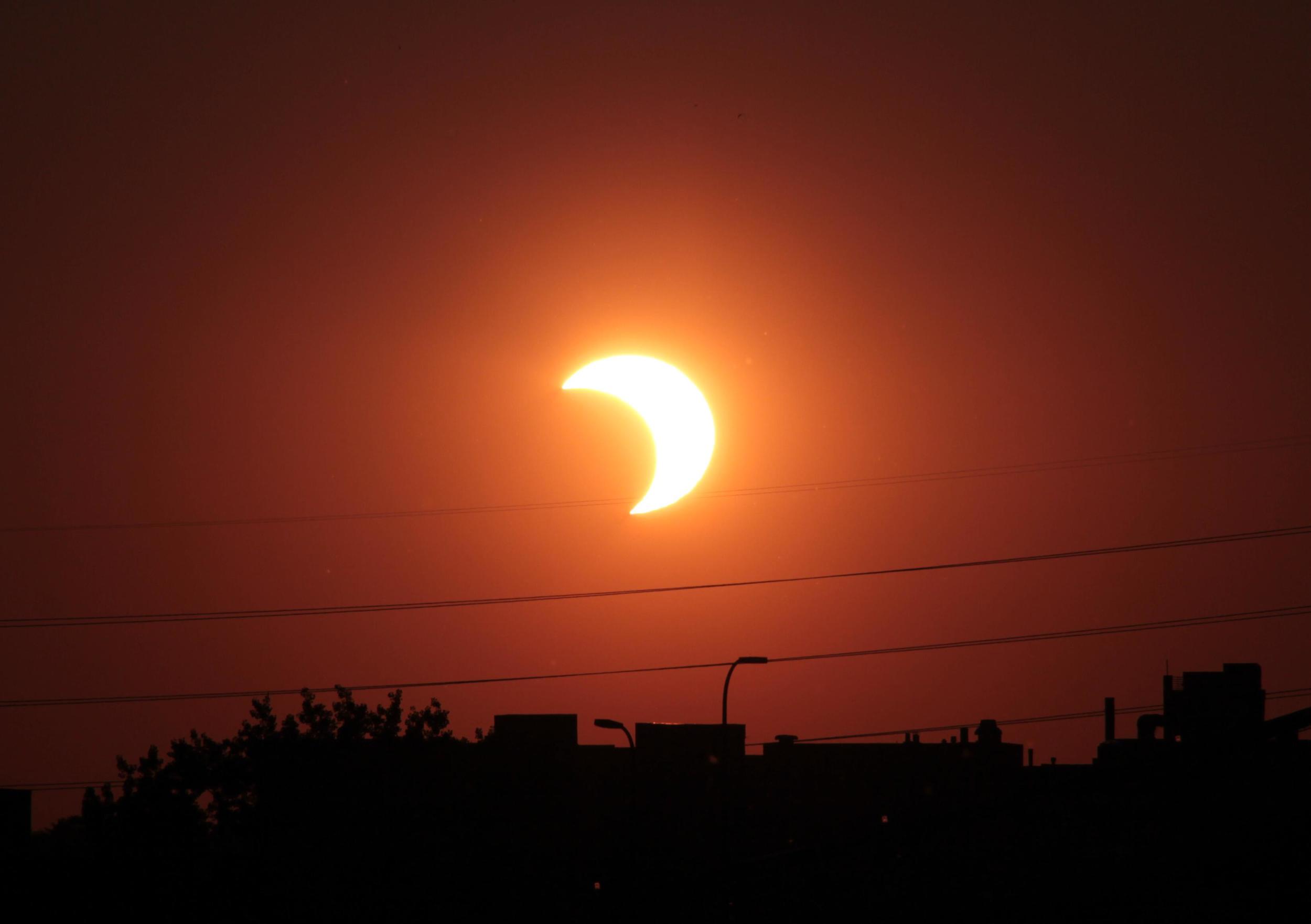Sometimes The Sun disappears, and everything about the world turns dark. When it does, do not miss the rare chance to see the world--and your own humanity--in a new light.
Last week in this space I discussed the concept of elation. This week I bring balance to the world. There can be nothing that floats above unless there are wells of despair to avoid, and sometimes, climb out.
Despair brings movement to a halt. It’s like liquid nitrogen freezing a rose solid so that it cracks at the slightest touch. It’s therefore ironic how despair can fuel profound works of invention and discovery, despite the bleakness of its dim light. In despair we often find our most honest voices and our wellsprings of motivation. In despair we can neither hide nor deceive ourselves about what makes us feel things deeply. In despair we are forced to try and change what we must change, because to live but a single additional day similarly burdened would be untenable, unthinkable. Despair propels our creative engines to make our own pain more bearable.
And yet, in despair we often lose the ability to act decisively, or even act at all. Inertia holds us fast and the very thought of overcoming our torpor feels ridiculous and stupid. Despair can flare like a small pool of fuel spilled on the driveway—full of energy and surprise if ignited yet impossible to harness in any meaningful way.
Where elation brings lightness, despair brings heaviness, a density that does not necessarily confer stability. Despair makes us physically ungraceful, intellectually inchoate, emotionally blunt. It doesn’t play well with others and it resists transformation.
I don’t know a creative person who’s not in touch some way with despair. The more creative the person, the more they know despair’s great gravity. It’s haunts everyone who tries to say something in the world, and haunts even more aggressively those who have no choice in trying to say something in the world.
I draw a distinction between depression and despair, although clearly they’re related. Where depression suggests a hopelessness (which is a dark refraction of the more neutral existentialism), despair appears like an emotional spike driven into an otherwise stable sense of feelings. Despair is the absurdist, devil-may-care dismissal of logic and reason, of profound frustration and disappointment for events gone painfully awry. Despair is a sense that things haven’t grown to their rightful potential in the first place, or haven’t gone as planned. Despair laments the passage of time and the realization that it will never return to give you a second chance.
It’s foolish to avoid this all-consuming fire. Everyone will experience it in the same way that everyone will ultimately feel the inconsolable weight of time on their frail limbs. But for the person who consciously regards creative acts as a vital part of the day, its essential to embrace despair rather than avoid it altogether.
Embrace despair? Absolutely. By embracing it, we transform it. By allowing it to inform us we suddenly have a huge palate of emotional colors from which to draw, and deep wellsprings of motivation. In the bleakness of our gloom we can find the sparks of the very tools that will draw us up and out.
Creativity is not about feeling good, just as it’s not about feeling bad. It’s about engagement and integrity, about something deeper than mere pleasure. In the darkness of our lowest moments, when things are bleak and hope is only a distant, sad glow, the creative person considers the possibilities. Fully engaged, transformation always comes.

